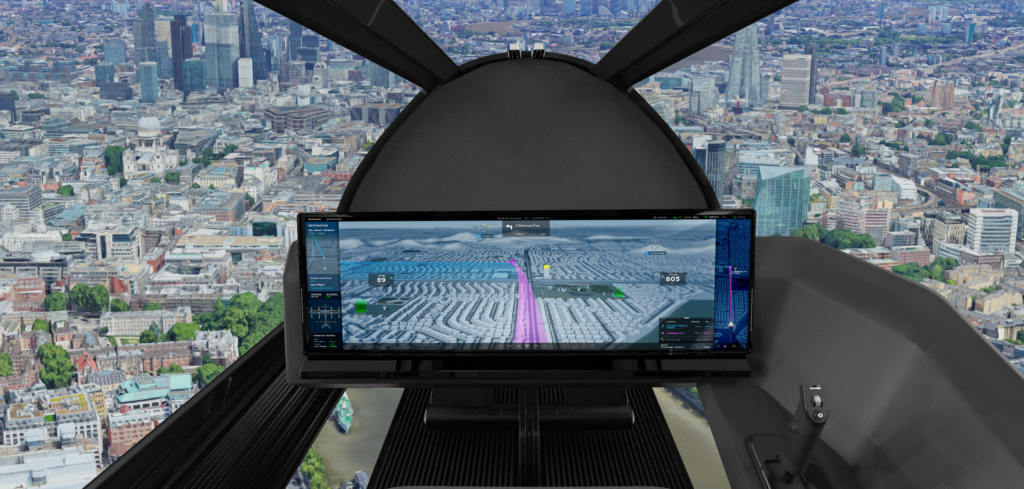Under the Single European Sky ATM Research (SESAR) 3 Joint Undertaking partnership and its Digital European Sky program, Honeywell will participate in two new research and development projects focused on advanced levels of automation in all types of airspaces.
The SESAR 3 Joint Undertaking is an institutionalized European partnership between the private and public sector to accelerate the delivery of the digital European sky through research. To do so, it is harnessing, developing and accelerating the take-up of technological solutions to manage conventional aircraft, drones, air taxis and vehicles flying at higher altitudes.
These projects are intended to improve operational efficiency and sustainability through new or improved ways of working. Of the selected project proposals, Honeywell will lead two consortiums – Project Operate Anywhere (OperA) and Project DARWIN (Digital Assistants for Reducing Workload and Increasing collaboration). Honeywell’s contributions to these projects will be run out of Honeywell Technology Solutions research and development center in Brno, Czech Republic.
Project OperA’s ambition is to enable the safe accommodation of advanced air mobility (AAM) in European air traffic management (ATM) and U-space. The consortium will develop and validate several AAM solutions addressing the ecosystem of manned air taxi and unmanned cargo cross-border operations. Honeywell’s contribution will focus on the development of autonomy-enabling technologies, including an energy-efficient approach with a ground control station, high-integrity precision navigation, and detect-and-avoid technology for AAM aircraft. These technologies are expected to play an integral part in the ecosystem of crewed air taxi and uncrewed cargo cross-border operations.
Project DARWIN will look at AI-based automation for cockpit and flight operations as a key enabler for first the extended minimum crew operations (eMCO) and then the single pilot operations (SPO) and a fully autonomous flight. The project aims to develop AI-powered digital assistants and human-AI collaboration framework to support both eMCO and SPO operations, ensuring the same (or higher) level of safety and the same (or lower) workload as operations with a full crew today. The project will deliver solutions that enable operational efficiency, taking into account the complexity of the future airspace. The results will support the commercial and operational viability of all airspace users. Honeywell will also contribute to other Digital European Sky projects and will share details of this participation as projects are launched.
David Shilliday, vice president and general manager of urban air mobility and unmanned aerial systems at Honeywell Aerospace, said, “Honeywell is excited to work on programs that will bring higher levels of automation in aviation, drive sustainability and open up opportunities for innovation in European aerospace. Alongside our European partners, we look forward to developing and accelerating the adoption of the most cutting-edge technological solutions to manage conventional aircraft, drones, air taxis and vehicles flying at higher altitudes.”
Jan Ludvik, engineering director – advanced technology Europe, Honeywell Aerospace, commented, “Innovative and ambitious projects such as these provide a great opportunity to apply our experience in leading and collaborating on international research to a variety of projects, each with a different technological focus but with the common goal of advancing operational efficiencies toward a more efficient and sustainable future for aviation.”
Read more of the latest technology updates from the passenger terminal industry, here.

